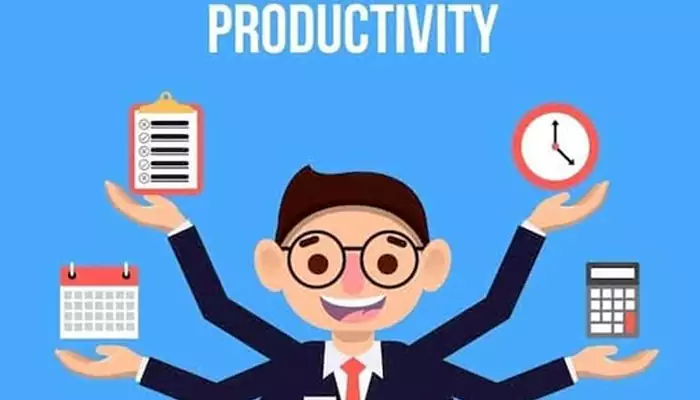
Discover how embracing mindful technology can enhance your digital wellbeing and restore balance in a fast-paced world
A world where technology is becoming more and more important, affecting almost every part of our lives, the idea of digital wellness has become very important for people who want to find balance and harmony in their relationship with technology. Mindful tech is a growing movement that encourages using digital tools and platforms in a deliberate and mindful way. Being aware of the rules and methods of mindful tech can help people take back control of their digital experiences and put their health first as they manage the complicated world of technology.
Understanding Digital Wellbeing: Digital wellbeing is the overall health and wellness of people in the digital age. It includes the mental, social, and physical health of people who use technology. To do this, you need to find a good mix between online and offline activities, know how to limit your screen time, and become more aware of your digital habits and behaviours.
Using Mindful Tech: Mindfulness is the concept at the heart of mindful tech. Being mindful means being aware of the present moment on purpose and without judgement. People can improve their clarity, focus, and intention in their digital experiences by using mindfulness methods while using technology. Mindful tech encourages people to use technology with openness, care, and wisdom, which helps people learn more about how digital tools affect our feelings, thoughts, and actions.
Cultivating Digital Mindfulness: To cultivate digital mindfulness, we need to become more aware of our digital habits and set up routines that help us stay balanced and in control. This could mean putting limits on screen time, doing digital detoxes, and using technology in a mindful way by doing things like digital fasting or mindful scrolling. We can have a more conscious and intentional relationship with technology by incorporating mindfulness practices into our daily lives.
How to Deal with Digital Distractions: From constant alerts and social media feeds to never-ending streams of news and pleasure, the digital world can easily tax our brains and make us less productive. Mindful tech offers ways to deal with digital distractions, like learning to focus on one thing at a time, getting rid of unnecessary digital clutter, and using mindfulness apps and tools to improve attention and focus.
Promoting Digital Balance: To achieve digital balance, we need to find a balance between the pros and cons of using technology and make time for things that are good for our physical, mental, and emotional health. This could mean setting limits on how much time you spend on your devices, planning regular breaks from screens, and doing things offline that help you connect with others, be creative, and take care of yourself.
Building digital resilience means being able to deal with and do well in spite of digital problems and issues like abuse, online harassment, and too much information. Mindful tech stresses how important it is to become more resilient by learning how to use technology, control your emotions, and find good ways to deal with problems. By learning resilience skills, people can confidently and resolutely manage the complicated digital world.
Adopting the principles of mindful tech can help people take back control of their digital experiences and build a healthier relationship with technology as we continue to navigate the changing technology and digital culture environment. By practising digital awareness, avoiding distractions, promoting balance, and building resilience, people can use technology to its fullest potential while also protecting their health.
The growing trend of "mindful tech" changes the way we use technology by putting an emphasis on balance, wellbeing, and purpose in our digital lives. People can have a more conscious and powerful relationship with technology by following mindful tech principles and practices.












